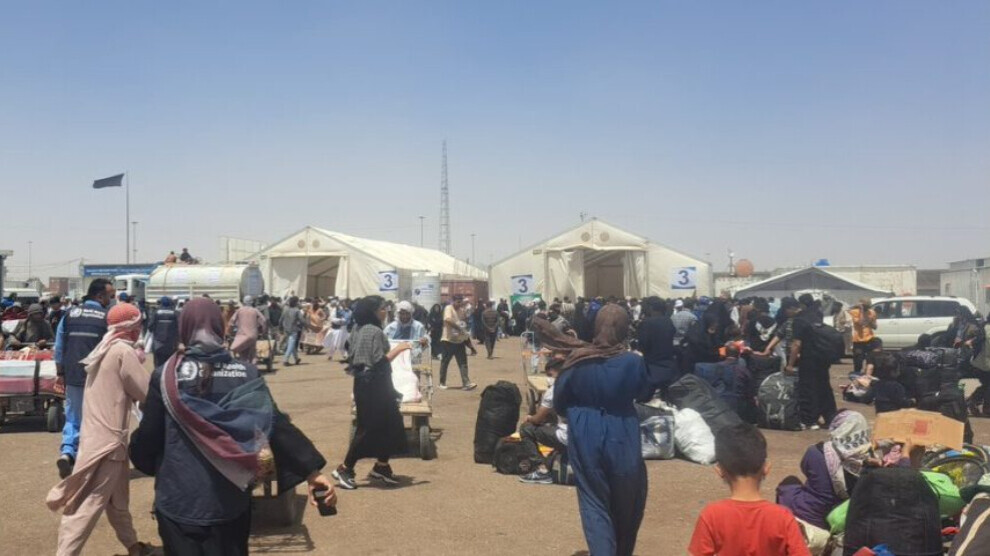WHO calls for urgent support to Afghan returnees at Afghanistan’s borders
The World Health Organization (WHO) in Afghanistan expresses deep concerns over the health needs of Afghan returnees, particularly women and children, who have been arriving in record numbers through border points with Iran and Pakistan.

News Center- The World Health Organization (WHO) in Afghanistan issued a statement on Tuesday, expressing deep concerns over the health needs of Afghan returnees, particularly women and children, who have been arriving in record numbers through border points with the Islamic Republic of Iran and Pakistan.
“Since April 2025, more than 836,000 returnees have crossed into Afghanistan through official points of entry, including Islam Qala, Torkham, Milak and Spinboldak, in what has become one of the country’s most urgent humanitarian challenges,” the statement said.
“Returnees, including pregnant women, mothers with infants and unaccompanied children, arrive with little more than they can carry. Many are in desperate need of medical care, food and shelter. WHO-supported health teams are seeing a surge in wounds, infections, dehydration and undernutrition, particularly among children and the elderly.”
More than 84, 000 people have received basic health services at border crossings and reception centers with the support of WHO. According to the statement, round-the-clock emergency care teams have treated over 850 injuries at Torkham alone. In coordination with partners, WHO has administered 198, 000 lifesaving vaccines, including polio and measles, helping protect vulnerable populations, especially children, against preventable diseases.
“We are challenged by the number of mothers, children and elderly persons returning to uncertainty, often unwell and unsupported,” said WHO Representative in Afghanistan Dr Edwin Ceniza Salvador. “We are doing everything we can but the scale of need is growing fast. Without urgent support, we risk losing the ability to respond where it matters most.”
WHO has deployed 17 mobile health teams and several prefabricated health clinics in high-flow areas. Screening teams have checked over 394 000 individuals for signs of illness. The most pressing needs are basic care, safe deliveries, maternal and child health support, mental health and psychosocial support services, clean water access and essential medicines.
“Facilities at Milak and Islam Qala are overwhelmed. There are not enough ambulances, no proper isolation space and too few staff, especially women who are essential for caring for female patients,” the statement said.
